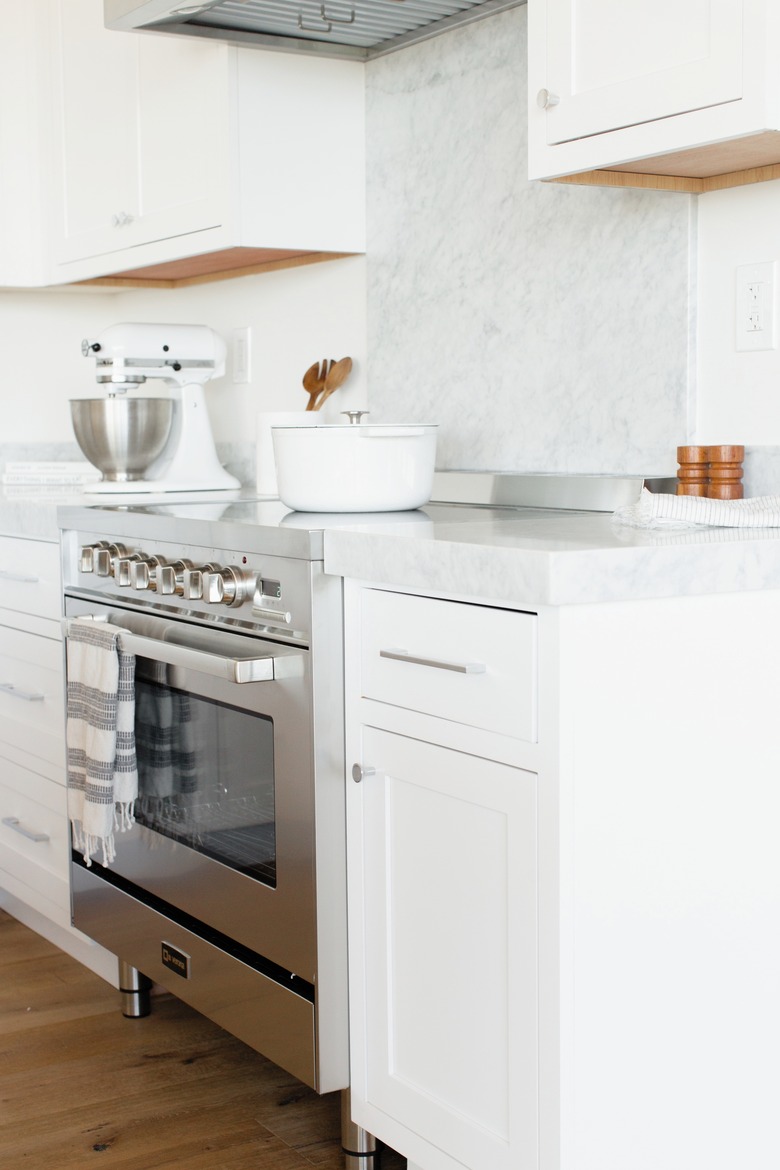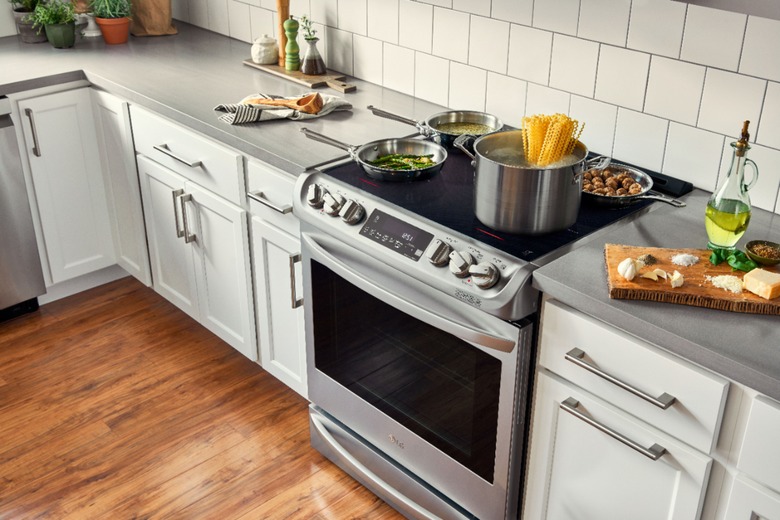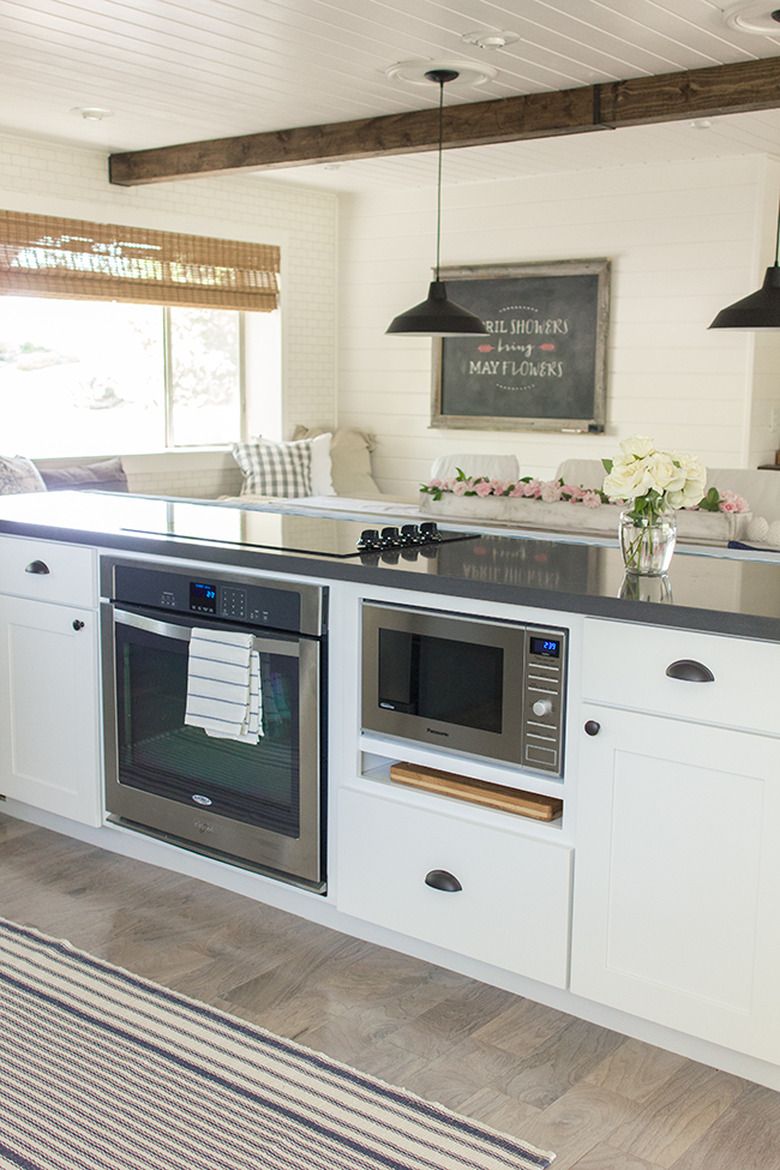Interested In An Induction Stove? Here Are The Pros And Cons
Our ovens are often pushed to the limit as we spend more time concocting creations in the kitchen. But instead of going with an electric or gas range, have you considered an induction stove? First, what exactly does induction mean? The technology comes from an electromagnetic field below the glass top that transfers heat directly to magnetic cookware, causing it to heat up. Pretty cool, right? But, before taking the plunge on this innovative purchase, here are some key things to consider.
Pro: There are quicker cook times.
Pro: There are quicker cook times.
With induction stoves, you don't have to sit around and wait for the heating element to transfer to a pot or pan. The vessel usually warms up instantly, which means quicker cook times. Sure, there is a learning curve, but once you get it, you'll love it.
Pro: It's safer.
Pro: It's safer.
Since the heat transfers to the pot, the glass surface stays cool, making clean-up way easier. Plus, induction stoves don't emit any gases into the air, and they automatically turn off once you remove your dish. That eliminates the risk of leaving the heat on accidentally and burning yourself.
Pro: It reaches precise cooking temperatures.
Pro: It reaches precise cooking temperatures.
Electric stoves take a while to heat up and cool down. With gas ranges, it can be hard to hit exact temperatures. But with induction stoves, you get ultra-precise temperature regulation which leads to more controlled cooking.
Con: You need the correct cookware.
Con: You need the correct cookware.
You can't use just any old cookware with an induction stove. You will need to make sure your stainless steel skillet is on the newer side (so test to see if a magnet will stick to the bottom of it to ensure the metal is still fresh). And check to see if any new pots and pans you buy are marked as "induction safe."
Con: It makes some noises.
Con: It makes some noises.
When you're using this particular stove, the high induction energy transferring from the coil to the pan makes a rattling sound. The noise can go away when you turn down the heat or add ingredients to the cooking vessel, but this aspect could be an inconvenience to some people.
Con: You may have to pay more.
Con: You may have to pay more.
Since the technology is somewhat new, induction stoves can be more expensive than their electric or gas counterparts. It's a big investment, but most agree it pays off in the long run — an induction stove uses 10% less energy than a smooth top electric range, for example. Like with any new tech, though, the prices will likely drop over time.





